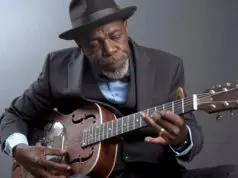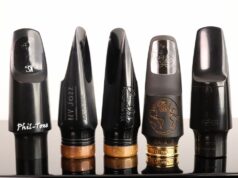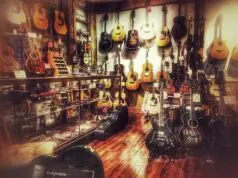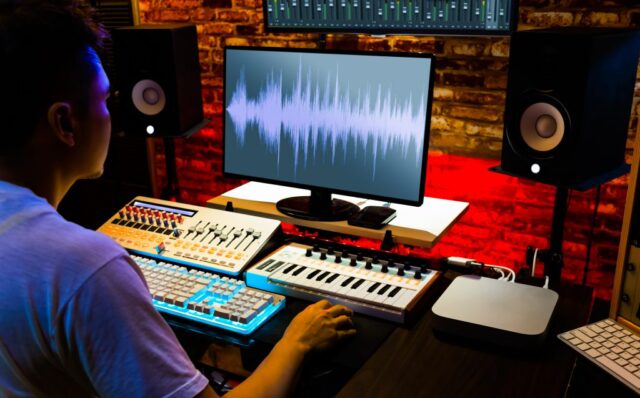
Are you ready to dive into the world of music production? To ensure your success, it is essential that you familiarize yourself with composition and arrangement basics, and audio recording techniques, as well as possess an ear for detail. With these skills in hand, let’s embark on this thrilling musical journey!
Define your goals – what do you want to achieve with music production?
The first step to getting into music production is to define your goals. A lot of aspiring musicians want to become professionals, but this isn’t necessary if you just want to make music for yourself or your friends. Ask yourself what you’d like to accomplish with your music production and use this as a starting point. If you are looking to make a career out of music production, it’s a good idea to research the industry and get an understanding of what it takes to be successful. Moreover, it’s important to decide what kind of music you’d like to be producing. Are you interested in electronic music, hip-hop, pop, or something else? Determine your preferred genre and start learning the basics.
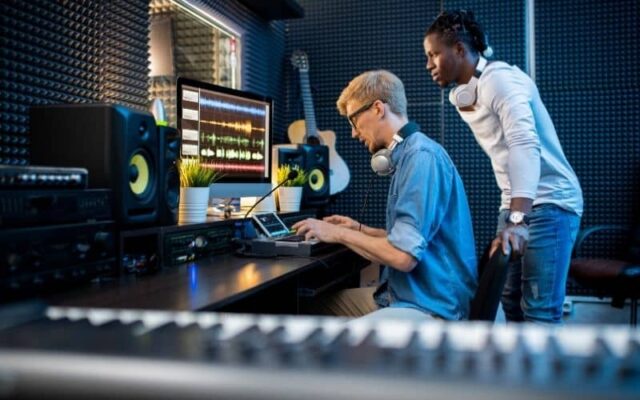
Learn the basics of music theory – this will help you understand how to create the sounds you want
Music theory can seem like a mysterious, overly complicated beast. But if you’re determined to take your music production skills to the next level, gaining an understanding of its fundamentals is a must. With time and dedication, even the most novice of producers can learn the basics to unlock a plethora of new sound-creating possibilities.
Knowing which chords work together, what major and minor keys sound like, and how to notate it all is key to discovering the sounds you are striving for. It’s never been easier either – with a wealth of free resources available online, getting started is just a few clicks away.
Some of the most important things to understand are scales, intervals, and chord structure. With these concepts under your belt, you’ll have a greater understanding of how to craft the songs you envision in your head.
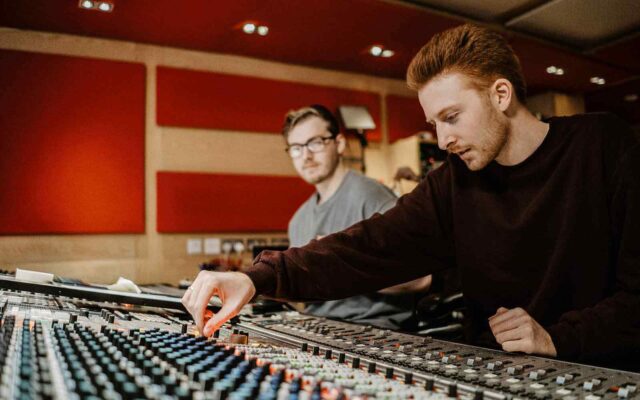
Invest in quality equipment
Investing in quality equipment may seem like a big challenge, but it doesn’t have to be. It’s true that some newer equipment can be pricey, but if you shop around, you can find good gear without breaking the bank. Don’t be fooled into thinking that expensive equipment is all you need for professional-quality results.
Investing in quality might mean seeking out used or vintage gear whenever possible because often it has held up better and provides better sound than modern alternatives. However, you may want to consider modern vocal tuner software, as this can help you achieve more clarity and richness in your recordings. Most of all, make sure to do your research before investing – know the specs of what you want, and don’t buy unwisely because of clever packaging or fancy added features. Quality equipment will help your work shine and even save money in the long run!
For instance, if you’re recording acoustic instruments, investing in a high-quality microphone and interface is essential. If you’re producing electronic music, a good pair of studio monitors and some virtual instruments are key to getting the sound you want.
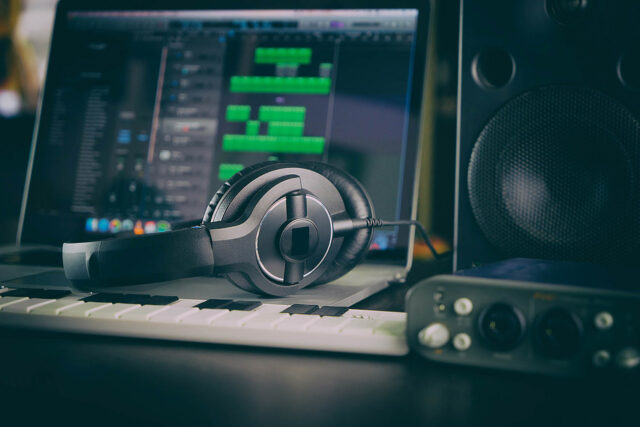
Find software that suits your needs
When it comes to finding the software that’s right for you, it pays to do your due diligence. Depending on what projects you’re working on, you’ll want different features and capabilities from the software. Take time to look beyond the headlines and compare the features of each offering until you come across the one that fits best with your workflow (and don’t forget to read customer reviews too). It might take a bit of effort upfront, but in the end, it will be worth it since you’ll save yourself a lot of aggravation by making sure the software meets all of your needs.
Even more so than with equipment, there are plenty of price points to choose from when it comes to software. It’s worth shopping around and testing out different versions because often you can find a great deal on something that fits your budget and still delivers on quality.

Start practicing and experimenting – the more you produce, the better you’ll become at it
If you want to become better at producing, the best way to start is by just doing it. Don’t wait for a perfect moment or until the stars align. Just begin with the work. Start practicing and experimenting little by little – the more you produce, expecting quality and honing your skills over time, the better you’ll become. Results don’t happen overnight but you can get closer every day as long as you keep putting in the effort. Spend time on research & development so that when you do create something, your work is thoughtful and much more successful!
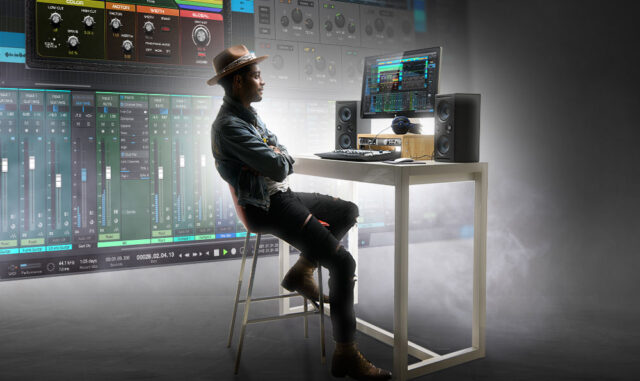
Don’t be afraid to make mistakes – they’re part of the learning process
It’s natural to be afraid of making mistakes when trying something new, and feel like if you mess up once then the whole endeavor has been a waste. But the truth is, making mistakes isn’t just part of the learning process – it’s essential! It’s these moments of failure that help us figure out what works and what doesn’t work in our approach, allowing us to hone our skills and build on our successes.
Once we open ourselves up to the possibility of failure, then the path ahead in learning can be so much more exciting rather than dreading potential pitfalls. Embrace those moments when you mess up, for they can lead to real discoveries down the line!
Defining your goals is the first step to becoming a successful music producer. Once you know what you want to achieve, you can start learning the basics of music theory and investing in quality equipment. Finding the right software is also important, as it will help you get the most out of your productions. And finally, don’t forget to keep practicing and experimenting – making mistakes is part of the learning process. So go out there and start creating some great music!


